People
Meet our team of dedicated researchers and staff.


Dr. Vincent van Unen
Principal Investigator, Assistant Professor
Dr. Vincent van Unen is an expert in mucosal immunology with a focus on immune-mediated inflammatory disorders. He leads the research group at LUMC.
"I am fascinated by understanding immune-mediated inflammatory disorders affecting the tissues, which has been the continuous theme throughout my career. During my PhD, I pioneered mass cytometry in the Netherlands to investigate the immune system in intestinal diseases, such as celiac disease and IBD. In this work, I have connected the biomedical field with computational scientists, which advanced the field by developing computational tools like Cytosplore and HSNE for large-scale single-cell data analysis. My imaging mass cytometry research revealed distinct spatial immune cell distribution and phenotypes in human intestinal biopsies. These studies led to the identification of tissue- and disease-associated immune subsets in inflammatory intestinal diseases, receiving recognition from the Dutch Society of Immunology with a PhD Thesis Prize. Moreover, the established computational methods have impacted diverse immunological fields.
Continuing as a Postdoc at Stanford, supported by an NWO-Rubicon Fellowship, I advanced my systems immunology expertise, focusing on single-cell techniques to investigate T cells in intestinal diseases. This included single-cell transcriptomics and TCR repertoire and specificities analyses. At the same time, my joint postdoctoral work in Calvin Kuo’s lab allowed me to expand organoid technology, creating in vitro models for celiac disease and IBD that maintain the integrity of intestinal tissues and native immune cells.
In November 2022, I returned to the Netherlands to establish my independent research group in Leiden, focusing on immune-mediated inflammatory disorders in human tissues. My research is supported by a Marie Skłodowska-Curie Postdoctoral Fellowship and an LUMC Starter Grant. In addition, I am dedicated to transfer knowledge to my peers (invited speaker at >10 international conferences), students (by teaching BSc and MSc courses), and patient communities (celiac and IBD).
Altogether, my research in mucosal immunology has provided me with a deep understanding of cellular mechanisms underlying chronic intestinal diseases. My proficiency in advanced single-cell and spatial technologies, alongside three-dimensional in vitro models, has yielded significant discoveries in human disease."
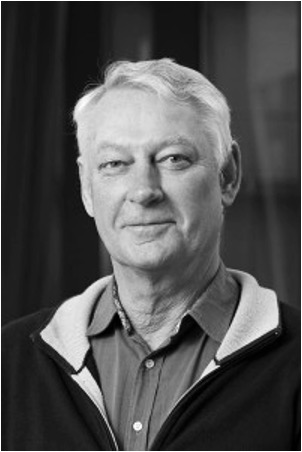
Prof. Dr. Frits Koning
Advisor, Professor Emeritus
Prof. Dr. Frits Koning has had a distinguished career in immunology and continues to contribute to the field as an advisor and mentor to the research group.
"My primary interest is immune mediated disorders. My interest in tissue resident T cells started during my postdoc period when I played a critical role in the identification of the γδ T cell receptor on skin resident T cells. Upon return to the Netherlands the continuation of this research line led to an interest into the role of γδ T cells in celiac disease as their numbers are increased in the affected duodenum. In later work I studied the association between HLA-DQ2/8 molecules and CeD. As CeD is caused by dietary gluten proteins I implemented electrospray mass spectrometry and was the first to identify a gluten peptide that specifically bound to disease predisposing HLA-DQ molecules and stimulated pro-inflammatory CD4 T cells from patients. I also demonstrated that high affinity binding of such peptides to HLA-DQ requires modification by the enzyme tissue transglutaminase. This work formed the basis for subsequent studies that explained the disease inducing properties of wheat, barley and rye, the HLA-DQ2 gene-dose effect and that biased T cell receptor usage is a common feature in patients with CeD.
A highly successful collaboration with Prof. J. Rossjohn resulted in the structure elucidation of 13 gluten-specific T cell receptors in complex with HLA-DQ-gluten providing detailed insight into the requirements for high affinity recognition of gluten peptides and the biased T cell receptor usage. Most recently, this work has identified bacterially derived gluten-like peptides as potential initiators of CeD. I also investigated the involvement of the innate immune system in refractory CeD where a monoclonal outgrowth of aberrant lymphocytes is observed. This work indicated that these aberrant ILC-like cells have distinct growth characteristics and are tofacitinib sensitive. A clinical trial based on this observation is ongoing.
I have received several national and international prizes for my work. I have highly productive collaborations with clinicians and work closely together with data analysis experts."
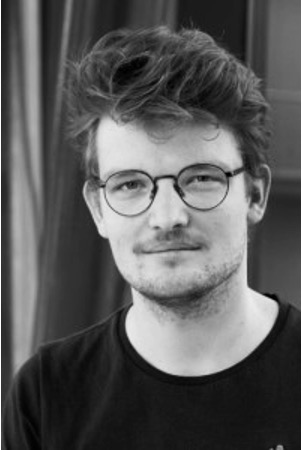
IJsbrand Reyneveld
PhD Student
IJsbrand Reyneveld is a PhD student researching cellular communication networks in inflammatory bowel diseases.
"To further grow in the immunology field, I went to the Free University Amsterdam (VU) to study Biomedical Sciences in 2016 with a research specialization in Immunology. My first internship was at Amsterdam University Medical Center under supervision of prof. Marjolein van Egmond and dr. Melissa van Gool at the department of Molecular Cell Biology & Immunology. Here I studied pro-inflammatory serum IgA in the context of infection. My second internship was at Utrecht University’s Faculty of Veterinary Medicine at the department of Infectious Diseases & Immunology. Under the supervision of dr. Christine Jansen and dr. Aad Hoek, I investigated NK-cells in milk of mastitis affected cattle. For my MSc thesis, I went to the department of Animals Sciences of Wageningen University & Research, and focused on Natural Antibodies and the opportunities of their modulation in veterinary species under supervision of dr. ir. Henk Parmentier.
Cytometry was the dominant technology during my internships, so I joined the Flow cytometry Core Facility at Leiden University Medical Center in 2020 and gained three years of fulltime cytometry experience.
I was further involved in education, quality control procedures and standardization of the facility, became a recognized center of excellence by the International Society for the Advancement of Cytometry (ISAC).
To reconnect with immunology and discover other state-of-the-art technologies in the field, I joined the lab of dr. Vincent van Unen at the Department of Immunology of LUMC in 2023 as a PhD Candidate where I aim to identify drivers of inflammation in chronic inflammatory diseases of the intestine."
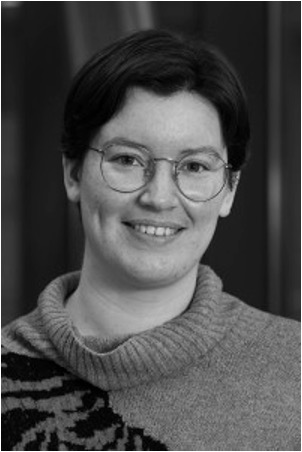
Ciska Lindelauf
PhD Student
Ciska Lindelauf focuses on interactions between T cells and the microbiota in the intestine during her PhD studies.
"I studied Liberal Arts and Sciences, majoring in life and biomedical sciences, at University College Roosevelt in Middelburg, the Netherlands. After obtaining my bachelor’s degree, I moved to Stockholm, Sweden, to follow the master’s program in Biomedicine at the Karolinska Institutet, where I specialized in immunology and infection biology.
After graduating in 2021, I moved back to the Netherlands to work as a research technician in the Mucosal Immunology group at the LUMC, then led by Prof. Dr. Frits Koning. In the following two years, I familiarized myself with high-dimensional spectral flow cytometry in the context of IBD research.
Since November 2023 I continue to work in the Mucosal Immunology group, now lead by Dr. Vincent van Unen, and transitioned from research technician to PhD candidate. I have always been fascinated by the intersection between the human immune system and microbes. For my PhD project, I will investigate the interaction between T cells and the intestinal microbiota in the context of IBD. This includes the identification of commensal-reactive T cells that play a potentially pathogenic role in IBD, as well as studying the response of the T cell compartment to microbiota-modifying therapeutics."
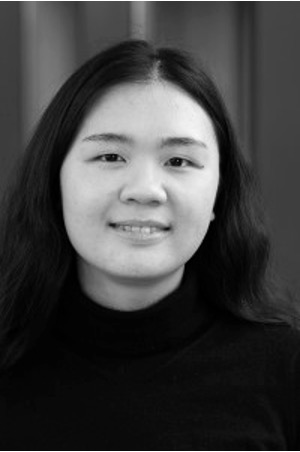
Qinyue Jiang
PhD Student
Qinyue Jiang is working on identifying cellular immune profiles in Inflammatatory Bowel Disease for her PhD research.
"Microbiota-specific CD4+ T cells are believed to be major drivers of inflammation in Inflammatory Bowel Disease (IBD). We and others have identified different subsets of CD4+ T cells that are enriched in inflamed mucosa from IBD patients, but the functional properties and interactions between these subsets and other cellular players and bacterial species in the lamina propria remains to be elucidated. I joined the group in 2020 as a PhD student and my work will focus on understanding the functional role of different CD4+ T cell subsets in driving pathology in IBD, especially by using spectral cytometry and imaging technologies. We hope to provide some ideas for a better management of chronic inflammation and development of more effective therapies in IBD."
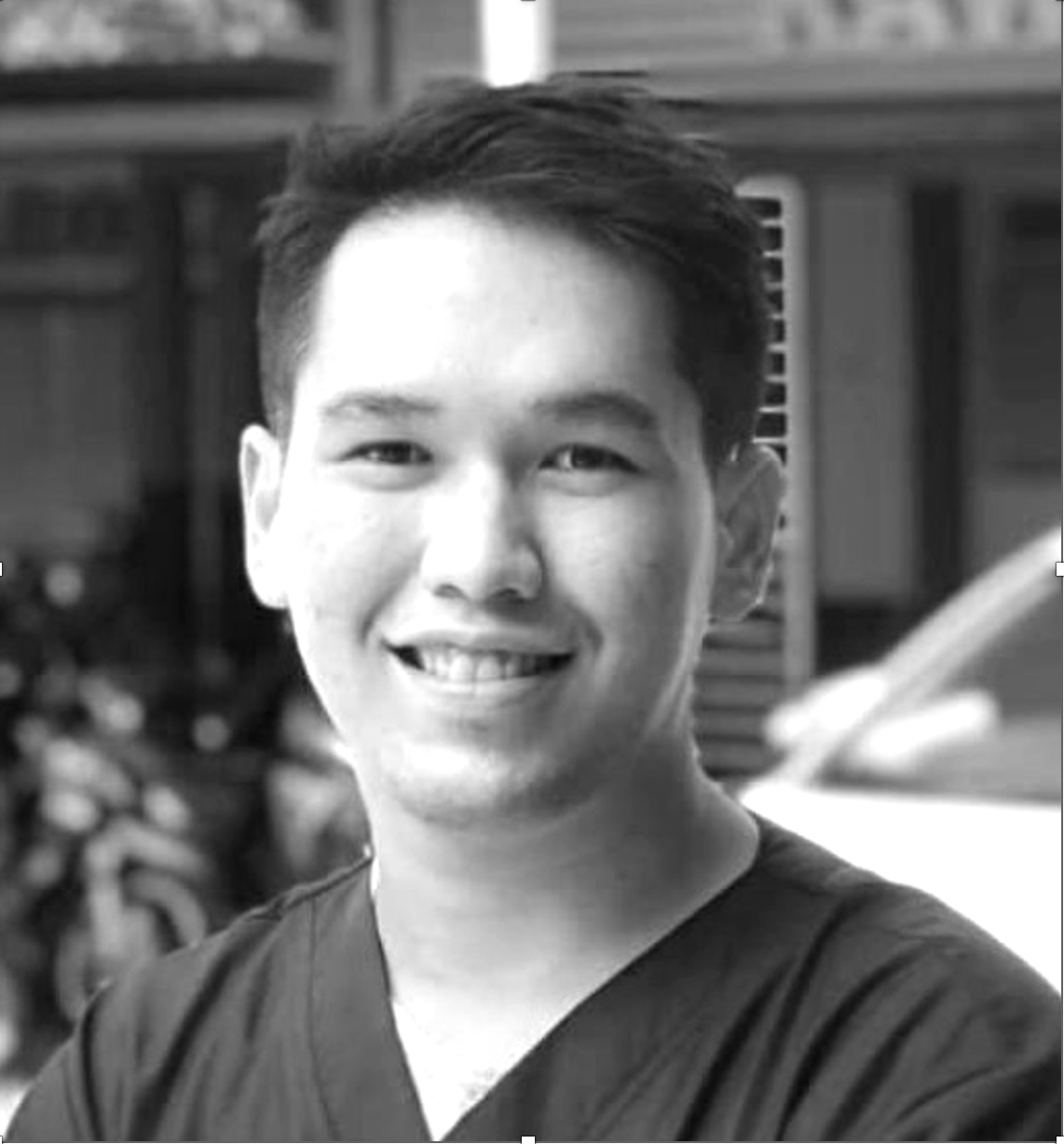
Jefferson Caesario
PhD Student
Jefferson Caesario integrates multi-omics, single-cell landscapes, and organoid Modeling to reveal the pathogenesis of Inflammatory Bowel Disease.
"Driven by my passion for immunology, I studied at the Medical School of Airlangga University in Surabaya, Indonesia. After completing my Medical Doctor program, I obtained my Master's degree in Immunology at the same university's postgraduate school, where I specialized in immunology and cancer biology. Since September 2025, I have been working as a PhD candidate in the Mucosal Immunology group, led by Dr. Vincent van Unen. I am fascinated by the hidden mechanisms of immune cell communication with other cells. I am eager to decipher the forms of communication and identify hallmarks of immune cells in IBD pathogenesis. For my PhD project, I will dissect the roles of immune cells in disease progression by combining computational data from genomics, transcriptomics, metagenomics, and proteomics. To validate these findings, I will establish and utilize human intestinal organoid cultures as physiologically relevant disease models. These organoids-containing immune cells will enable me to recapitulate IBD pathophysiology in vitro, test mechanistic hypotheses derived from multi-omics data, and evaluate potential therapeutic interventions in a controlled environment. This integrated approach aims to achieve a more comprehensive understanding of the molecular changes contributing to disease development."
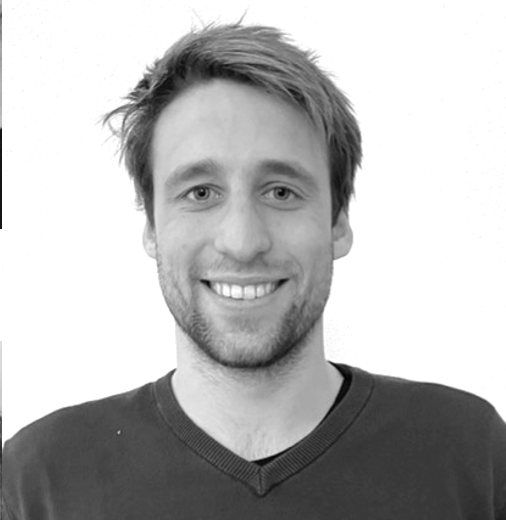
Jens Krijgsman
Research Technician
After completing his MSc internship in our group, Jens Krijgsman continued as a technician, providing technical support for various projects within the research group
"I studied Biology at the Vrije Universiteit Amsterdam, where I completed a minor in biomolecular sciences For my bachelor’s internship, I worked at the department of Anesthesiology and Cardiology at the Amsterdam UMC (AMC location), focusing on blood coagulation during acute aortic dissections. After obtaining my bachelor’s degree, I started a Master’s in Biomedical Sciences, also at the Vrije Universiteit Amsterdam, with a research specialization in Immunology and Infectious Diseases. During my master’s, I completed two internships in Leiden. The first was in the Department of Surgery, in the group of Wilma Mesker, where I studied collagen networks in pancreatic cancer. The second was here in the Department of Immunology, in the group of Vincent van Unen, where I investigated microbiota-reactive T-cells targeting the commensal Ruminococcus gnavus in healthy donors. As of April 7th, 2025, I will be continuing my work as a technician in the Mucosal Immunology group! I will be working on organoids, T-cell lines and patient material while also providing technical support on various other projects"
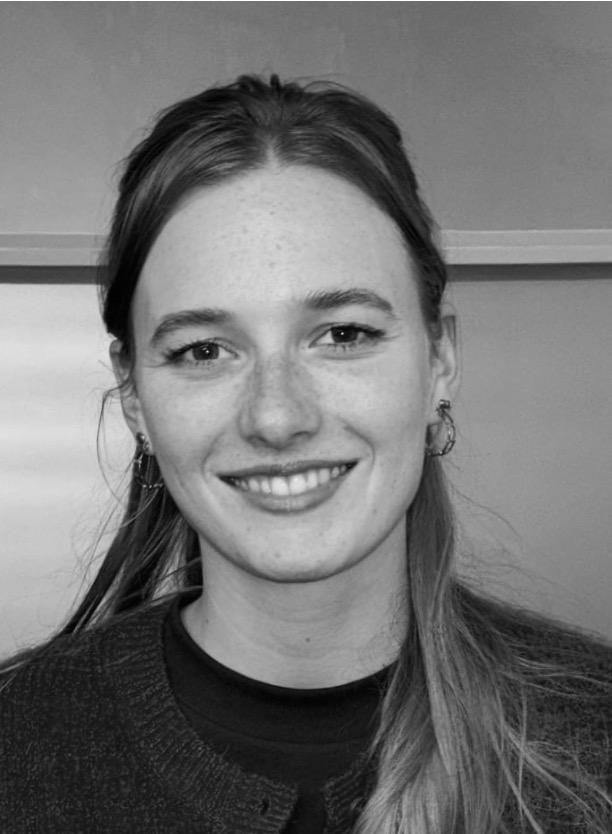
Eveline Houtman
MSc Student Intern
Eveline Houtman is doing her MSc internship on investating immune-competent intestinal organoids in IBD
Alumni
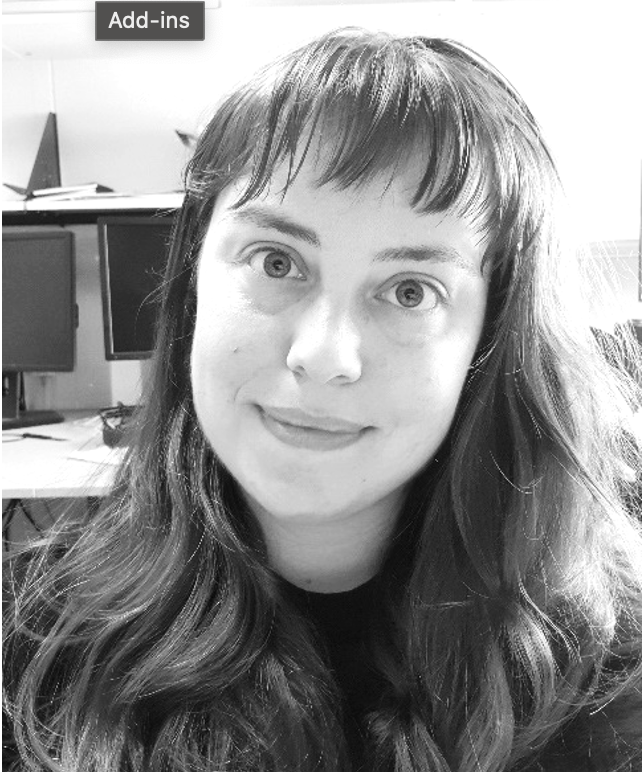
Semma Nibbering
MSc Student Intern
2025
Semma Nibbering was doing her MSc internship on characterizing intestinal T cell responses in IBD

Julie Alles
MSc Student Intern
2025
Julie Alles was a MSc student intern working on computational approaches to investigate molecular and microbiological factors in inflammatory bowel disease.

Antonia Hendriks
MSc Student Intern
2025
Antonia Hendriks was a MSc student intern working on computational approaches to map cellular landscapes in inflammatory bowel disease.
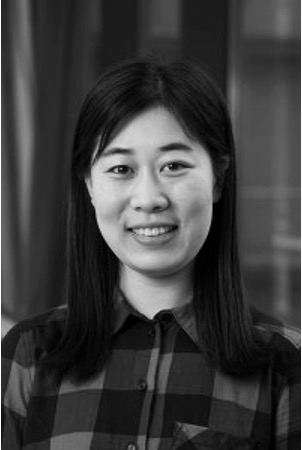
Jia Li
PhD Student
2025
Jia Li's did her PhD (with Frits Koning) research involving studying the cellular immune responses in the lung.
"Emphysema is a component of chronic obstructive pulmonary disease (COPD), characterized by progressive inflammation which cause irreversible tissue destruction in the lung tissue. My project is to determine whether patients with emphysema develop anti-inflammatory and tissue repair response after treatment with autologous bone marrow-derived mesenchymal stromal cells (MSC) as proof of concept for the application of MSC treatment for treatment of emphysema."
Karima Yahakoub
Senior Research Technician
2024
Karima Yahakoub provided technical support for various projects within the research group.
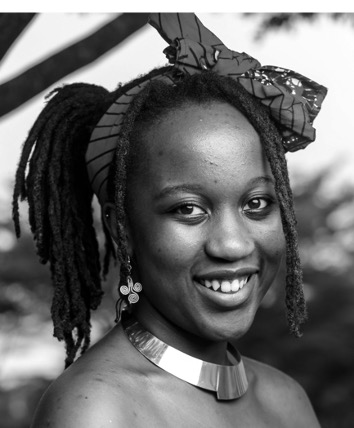
Aroha Oyugi
MSc Student Intern
2024
Aroha Oyugi completed her MSc internship working on computational approaches to investigate inflammatory bowel disease.
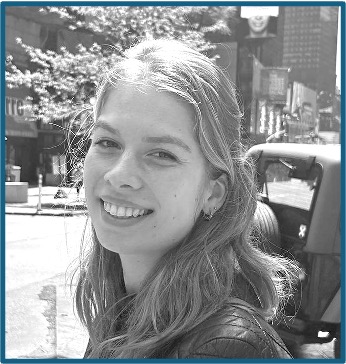
Suzanne de Vetten
MSc Student Intern
2024
Suzanne de Vetten completed her MSc internship focusing on T cell responses towards intestinal microbiota.
